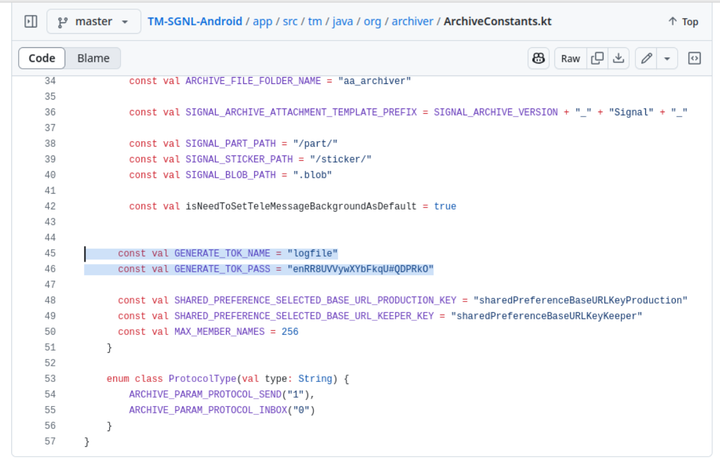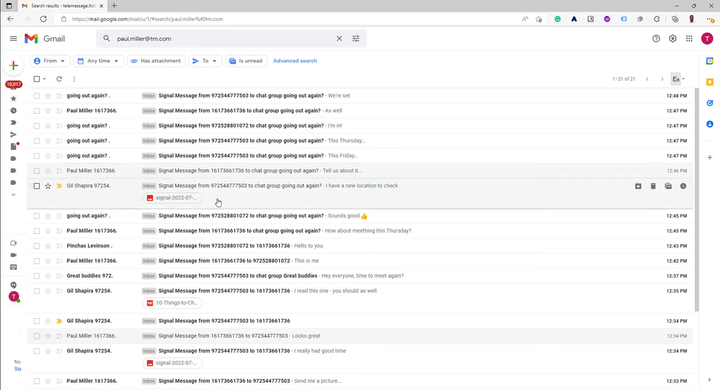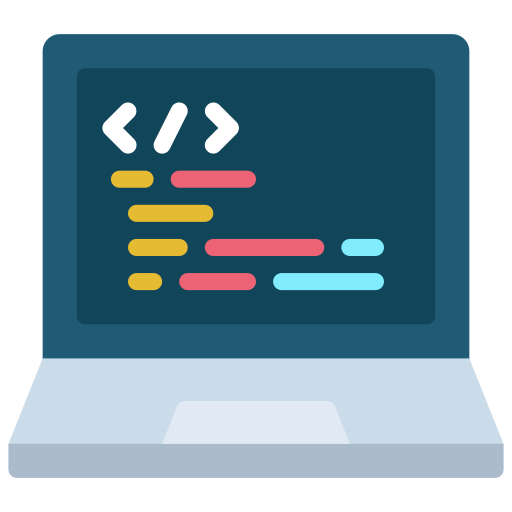


TM SGNL, the obscure unofficial Signal app Mike Waltz uses to text with Trump officials

Hunting street-level cell phone surveillance with Rayhunter

An interview with Privacy Guides about Cyd, Lockdown Systems, OnionShare, and more

Join a Tesla protest this Saturday as part of the global day of action


